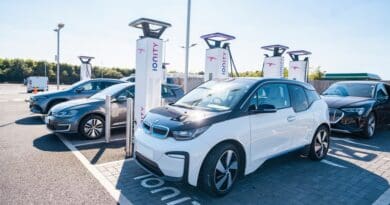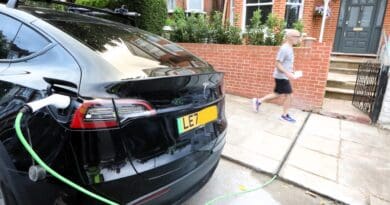It’s time to recharge the shift to electric taxis
Danny O’Gorman, UK and Ireland general manager of taxi-hailing service Freenow, warns that shrinking incentives and rising costs could threaten cabbies’ EV transition, and examines how to boost electric taxi uptake
Read More









